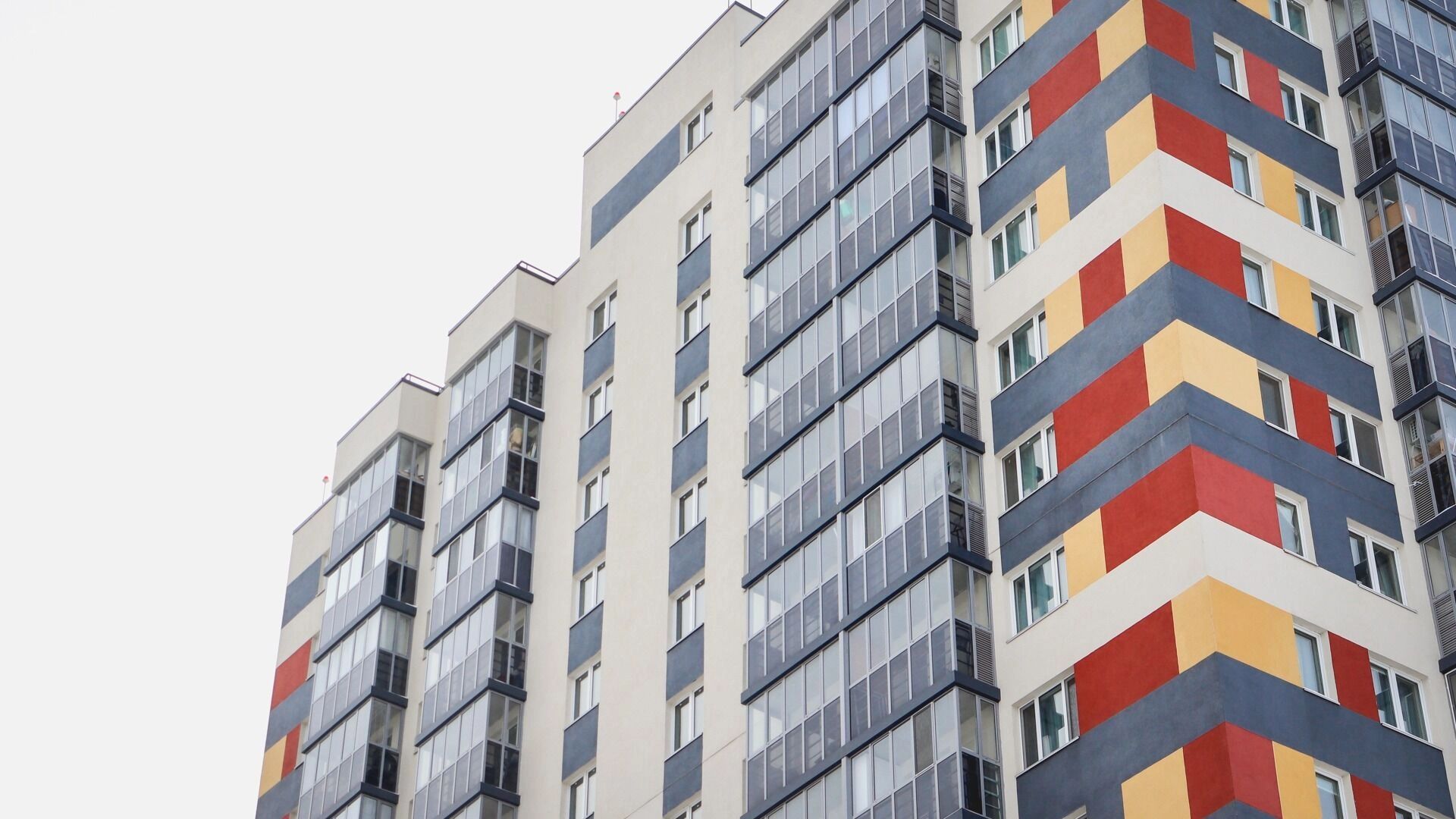The Savyolovsky District Court of Moscow has prohibited the publication of rental housing advertisements that impose restrictions based on national or religious grounds.
“No Roma, Don’t Call!”
The lawsuit was filed by the prosecutor’s office. The reason for this was rental advertisements on specialized websites where property owners included conditions such as: “For Muslims only!”, “No Roma, don’t call!”, or “For Slavs only”. The court ruled that such wording violates the law, and their distribution is now banned in Russia.
However, even before the ban, real estate market experts noted that in practice, hidden discrimination might persist. Landlords may continue to refuse migrants, but will simply stop writing about it in their ads.
It was also added that the issue of renting is not directly related to nationality; supposedly all landlords have their own lists of requirements based on which they can refuse anyone—such as place of work and registration, income level, rental conditions, and the purpose of coming to a particular city. It was emphasized that the property owner has the right to choose whom to entrust their property to, and the main concern for them is reliability.
It was also noted that renting to citizens from nearby countries can be more profitable, as the rental rate in this case increases by 5–10%. The price can also be higher when a person moves in with a pet or a small child.
Not Just Housing
The ban on nationality-based restrictions is not limited to rentals. From February to March 2025, courts in the capital reviewed lawsuits against employers who posted job vacancies with similar wording. Examples included ads seeking construction workers, a baker-chef, a nanny, and actors of “Slavic appearance”.
The courts deemed such requirements illegal, citing the Labor Code and the Constitution of the Russian Federation. The law prohibits restricting applicants’ rights based on race, gender, or nationality and guarantees freedom of choice of profession. Those who sow discrimination at work face fines: for individuals—from 1,000 to 3,000 rubles, for legal entities—from 50,000 to 100,000 rubles.






